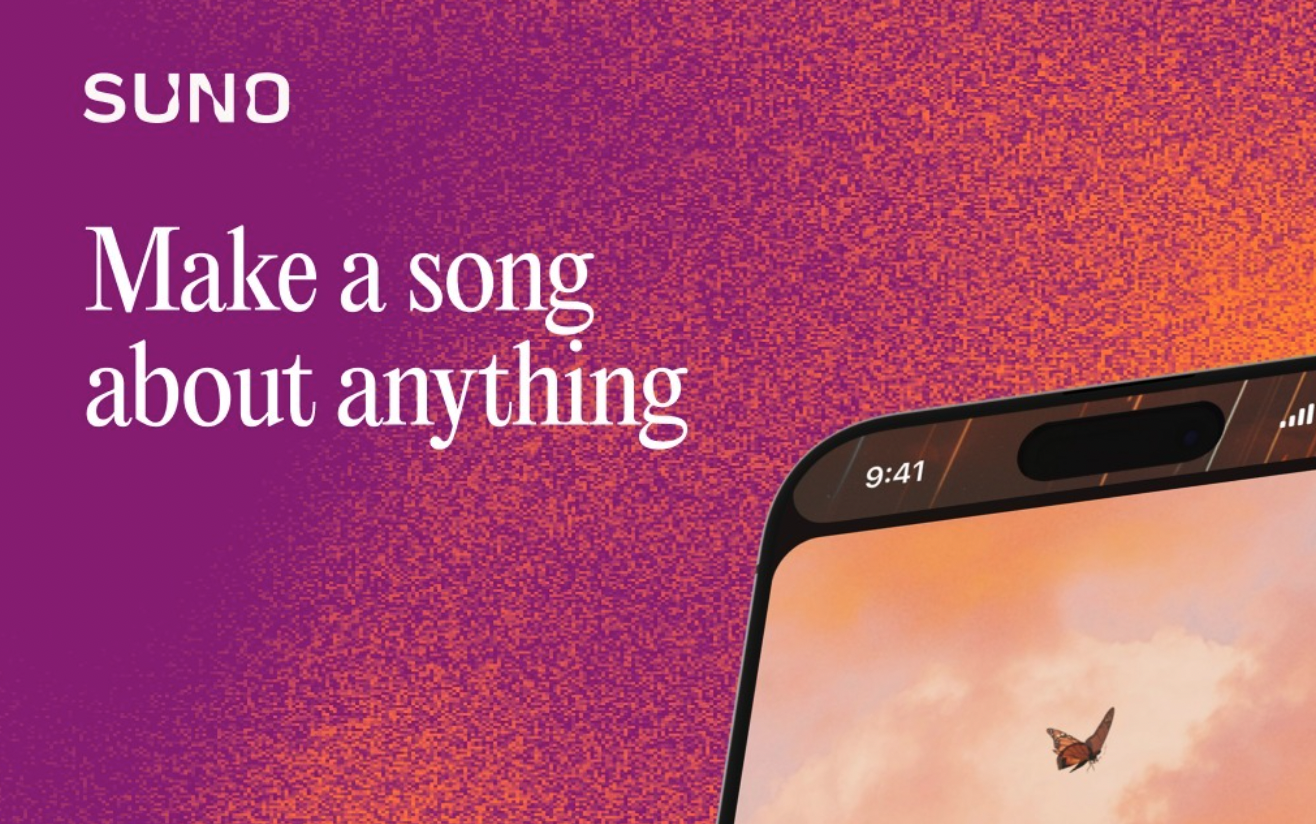“Suno’s training data includes essentially all music files of reasonable quality that are accessible on the open internet.”
“Rather than trying to argue that Suno was not trained on copyrighted songs, the company is instead making a Fair Use argument to say that the law should allow for AI training on copyrighted works without permission or compensation.”
Archived (also bypass paywall): https://archive.ph/ivTGs



If you get an idea from a song, you are 1000% free to turn that into new art. This is the fair use argument.
I agree with the logic, but I don’t think it should apply to LLMs—a humans-only law, if you will.
I think the key is that an LLM can’t have ideas. Its creative endeavors aren’t creative. Art is about the craft and the message and an LLM lacks that context. Like. The best an LLM can do is produce the kinds of music Drake does that is meant to pacify people into continuous consumption
I had a similar thought after I wrote this. LLMs aren’t creating anything so much as style-copying. They’re unique productions, insomuch as rearranging notes or pixels makes something unique, but I think creativity requires conscious agency, which LLMs definitely do not have.
Also, I don’t need to copy the entirety of Drake’s discography to produce music like his, which is an aspect of human creativity that LLMs currently lack.
That’s sort of currently the law with copyright in the US. You can’t get a copyright on material made completely by an AI. Only if a human interfered can you get a copyright, and most likely only on the parts that the human interfered with.
Source: https://www.copyright.gov/ai/ai_policy_guidance.pdf (See header II. The Human Authorship Requirement)
TL;DR
the Office states that “to qualify as a work of ‘authorship’ a work must be created by a human being” and that it “will not register works produced by a machine or mere mechanical process that operates randomly or automatically without any creative input or intervention from a human author.”